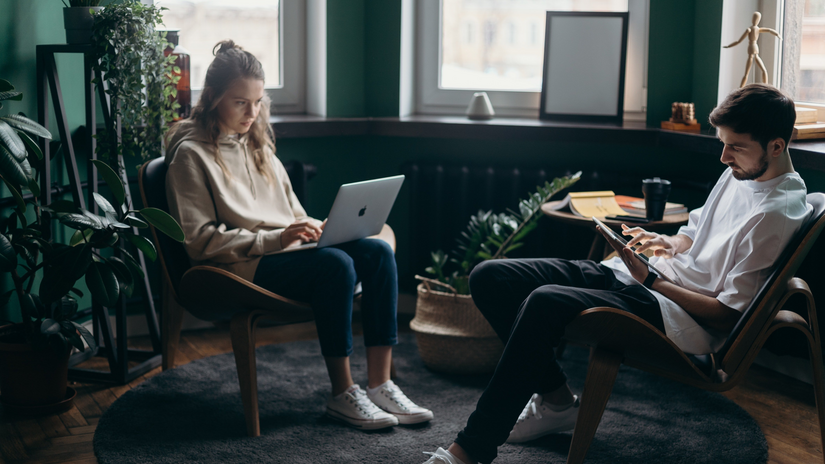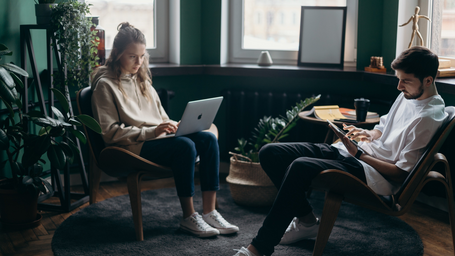Being a freshman here at DePauw, I had no idea what to expect when I heard about the Day of Dialogue. Not only has this year been a year of movement but it has also opened my eyes to a lot of different perspectives, it is also a strange year to have a conversation that is open to all the students and facility at DePauw since it has to be on Zoom. Going in with the expectation of my eyes being opened to so many new perspectives and being able to engage in conversation, I was sort of disappointed by what the day turned out to be. The discussions were more like slide shows that we were sometimes able to engage with. The format also had a lot of technical difficulties because of the late planning and large numbers of participants.
What I took away from Day of Dialogue were new definitions to terms I was already somewhat familiar with and new knowledge about how biases affect me and others. When I hear bias, I immediately think that it is bad, but everyone has biases. Some can be what kind of pizza you like, some can be whether you say soda or pop, but others can be deeper than that. For example, biases can be the leading cause of racism. Biases are formed by what you learned while grew up. This explains how racism can be a generational thing. I believe it is important to learn about unconscious biases because sometimes you aren’t aware you have biases but it can affect your judgment and affect how you view others. It is important to break down biases that are wrong, and no, I do not mean the bias that New York style pizza is better than Chicago style pizza because you grew up on the East Coast, I mean being afraid of people of different skin colors just because they look different than you kind of biases. That kind of biases needs to be addressed whether they are unconscious or conscious. What I learned from Day of Dialogue is that recognizing you have these biases is the first step of overcoming them. Next, you have to be able to discuss them and get to the reasoning behind them. Then, you have to learn more about why certain biases are not okay or not accurate.
Another thing I took away from DePauw Dialogue was that even though there was little room for actual discussion because of the format, the voices that I did hear speak up, advocated for more faculty involvement in the discussion because some students believe that these biases happen a lot, in general, with the professors who grade papers and assign classwork. I also heard some arguments that the Day of Dialogue seemed to be a platform where people of color have to tell their stories to their white classmates and hope for some form of empathy. This kind of pressure seems wrong, but I am unsure of how DePauw can fix it while also having these types of discussions.
While technological difficulties on Zoom delayed the discussion time and also prevented a fluid discussion, I do think that DePauw is trying their best and that they had the best of intentions while also picking an important topic to discuss. While I know some break-out rooms on Zoom were not productive on the topic of biases, I felt as though the ones I went to did a good job of presenting the topic, but I wished there was more discussion. What I hope to happen is for people to keep talking about biases and other topics along the same lines because, without conversation, change will never happen.



